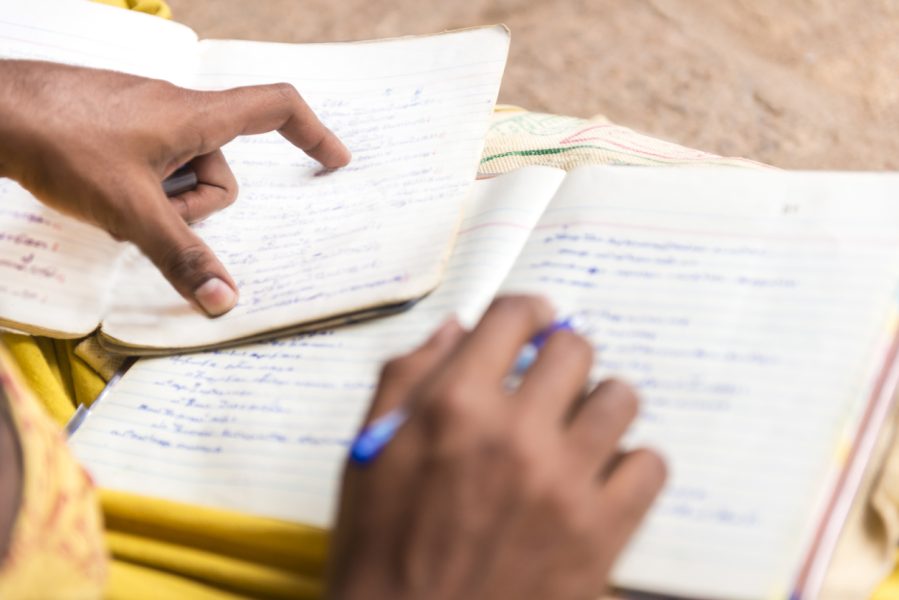
Vedic Board students at par with other boards for admission in higher education: Report

Students who clear Class X and Class XII offered by boards focused on ‘Vedic education’, including one run by Patanjali Yogpeeth whose trustees include Baba Ramdev, will now be eligible to join any college for higher education, including medicine and engineering, on par with students from other boards across the country, The Telegraph reported.
In effect, the students from Vedic boards – Bharatiya Siksha Board (BSB), Maharshi Sandipani Rashtriya Veda Sanskrit Shiksha Board (MSRVSSB) and Maharshi Sandipani Rashtriya Ved Vidya Pratisthan (MSRVVP) – need not sit for another exam held by National Open Schooling Examination, which was mandated thus far, to test their competence on par with students from other boards. Only those clearing NOSE exams were eligible to apply for admission to colleges for further education.
AIU recognition
This decision comes after a government-designated body, the Association of Indian Universities (AIU), in its governing council meeting on August 2 agreed to recognise Vedic education, its related courses and certificates. It also approved equivalence for exams and certifications offered by Vedic boards — Class X certificates (Veda Bhushan) and Class XII certificates (Veda Vibhushan).
Replying to a question in the Lok Sabha during the monsoon session, Minister of State of Education Dr Subhas Sarkar said that Maharshi Sandipani Rashtriya Veda Sanskrit Shiksha Board (MSRVSSB) and Bhartiya Shiksha Board (BSB) would be established.
Both will be undertaken by Ujjain-based Maharshi Sandipani Rashtriya Veda Vidya Pratishthan (MSRVVP), an autonomous body of HRD for promoting Vedic education in the country, the minister said. The Vedic board, which will function like any other educational board, is aimed at combining Vedas and modern education, the minister said.
To a question by Congress MP Shashi Tharoor on the details under which the first national school board on Vedic education and the BSB has been approved by the government, the minister said the MSRVSSB has been established as an autonomous body for promoting Vedic Education in the country.
A source in one of these boards, the MSRVSSB managed by a central government organisation, told The Telegraph that the Vedas and Upanishads would remain “the major component of the syllabus” although modern subjects will be taught.
The BSB website of Patanjali too advertises “Vedic education, Sanskrit education, shastras and darshanas… Bharatiya parampara”.
Both boards, granted “equivalence” for their certificates by the AIU, are now expected to teach modern subjects along with “Vedic education”.
Conditions to be followed
However, some conditions have been set to be followed by the boards. These include adherence to the Right to Education Act, the NCERT-devised National Curriculum Framework that provides broad guidelines for syllabuses, and the National Council for Teacher Education’s rules on teacher appointments. The AIU will carry out reviews and checks.
Also read: Was Indus civilisation really a part of Vedic culture?
With the grant of equivalence, these boards can now function as full-fledged boards and set up or affiliate schools.
The education ministry has written to all the state chief secretaries, the University Grants Commission, technical education regulator AICTE and the vice-chancellors of all universities, informing them about the recognition granted to the Maharshi Sandipani Board as a regular board.

